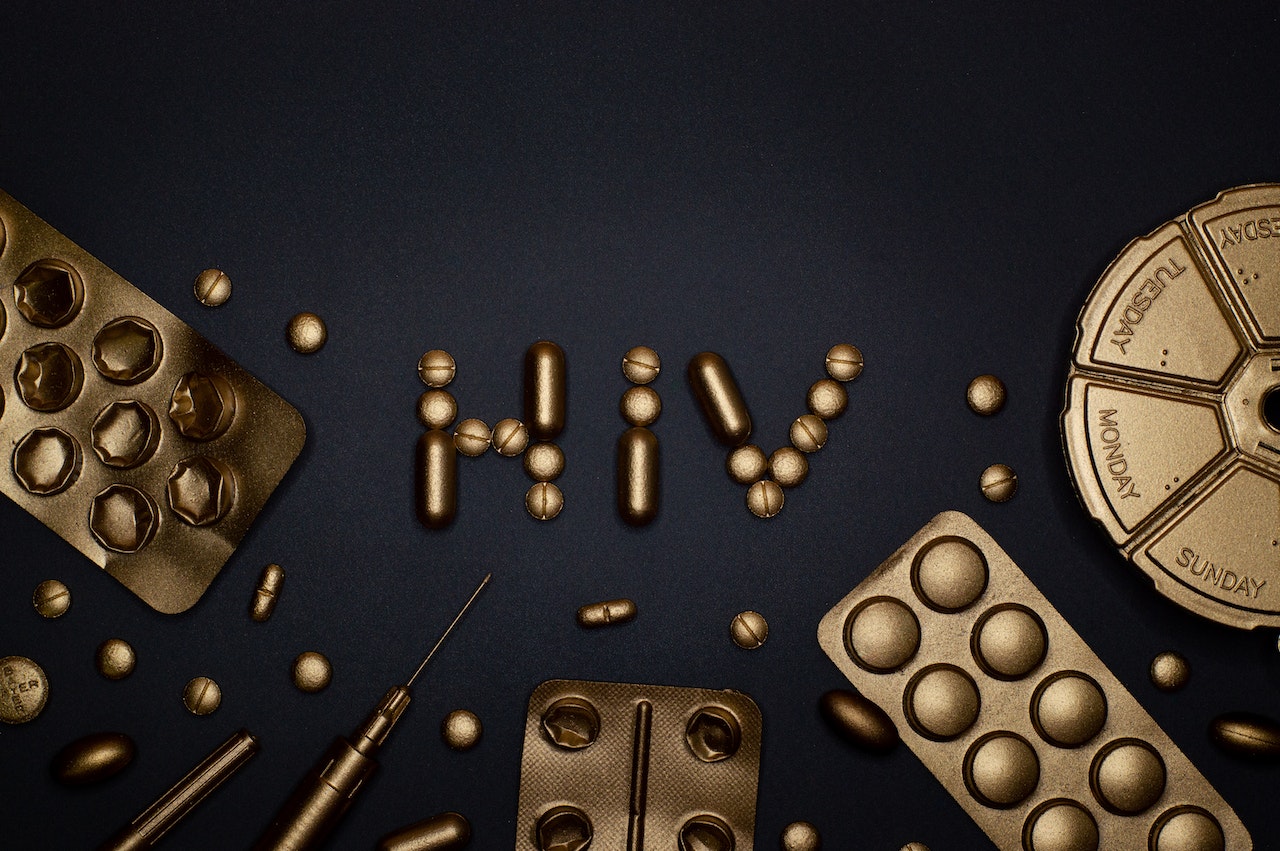The Early Symptoms of HIV You Need to Know
HIV is one of the deadliest viruses that affect the immune system. HIV can affect a person’s immune system to the point when the body will face problems fighting diseases and infections.
When someone receives HIV treatments after early diagnosis, they will prevent developing more complicated symptoms. As per reports, more than 35,000 people in the United States were diagnosed with HIV in 2019. Make sure you read this article to the end to know more.
Early Symptoms
Make sure you never rely on the symptoms while determining if you have HIV or not. You need to undergo different types of tests to know if you have HIV or not.
When you test for HIV from an early period, you will be able to receive adequate treatment. Not to mention, you can also prevent its transmission to others. Here are the common symptoms of HIV you should know:
- Rashes
- Chills and fevers
- General fatigue
- Muscle aches
- Mouth ulcers
- Night sweats
- Swollen lymph
However, these symptoms are dependent on the health conditions of the patient. If you’re diagnosed with HIV, contact Obria Medical Clinics in Oregon City, where the medical professional will undoubtedly help you.
How HIV Affects the Human Body?
As mentioned earlier, HIV attacks the immunity system of the human body. HIV mainly attacks the CD4 cells, which is one of the most important subtypes of the T cell group. The body’s T cells are responsible for combating various diseases and infections.
If you don’t seek proper treatment, HIV will decrease the overall number of CD4 cells in the human body, which will enhance the risk of suffering from infections. When HIV develops to stage 3, it will have a higher chance of creating cancer cells.
What are the Stages of HIV?
When the early stage of HIV is completed, the virus then goes to the clinical latency stage, which is known as chronic HIV. The reproduction rate of the virus decreased in this stage. But don’t assume that your body doesn’t contain this deadly virus.
While suffering from HIV, the patient might not develop any symptoms at all during the clinical stage. People who don’t take proper medicines to address the symptoms of HIV remain in this stage for more than 15 years. However, some people progress beyond the latency page quickly.
When you receive antiretroviral treatment, you can slow down the virus’s reproduction level. As a result, you will stay in the clinical stage for decades. You won’t face any serious health complications during this stage. When your blood doesn’t contain a high level of HIV, it won’t be transmitted to any other people.
Transmission
HIV is undoubtedly super contagious, and the virus can transmit from one person to another in multiple ways. As per Healthline, unprotected sex is the most common cause behind the transmission of HIV. HIV can also be transmitted through used syringes or needles.
Keep in mind that semen, vaginal fluids, pre-ejaculate, and rectal fluids can also transmit the HIV virus.
Conclusion
These are the early symptoms of HIV you should know. Do you have any other questions? Make sure you contact us, and we will assist you shortly.

